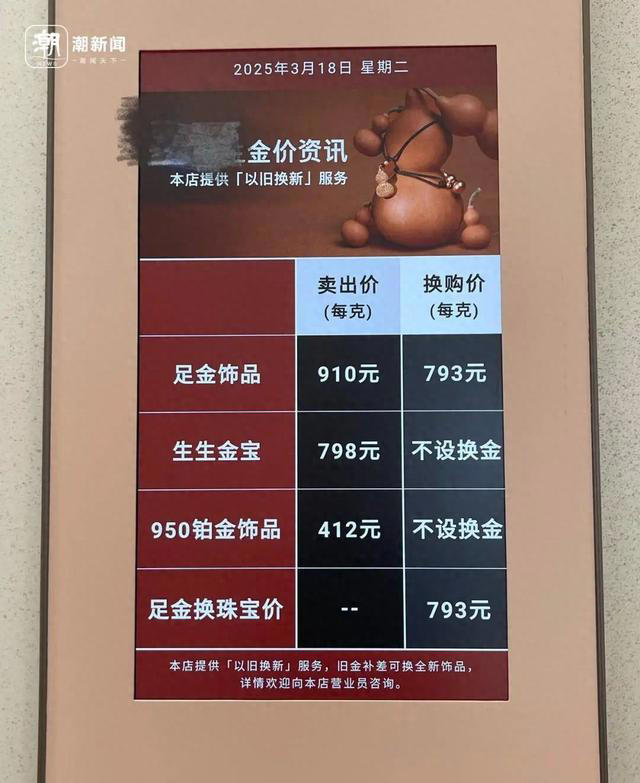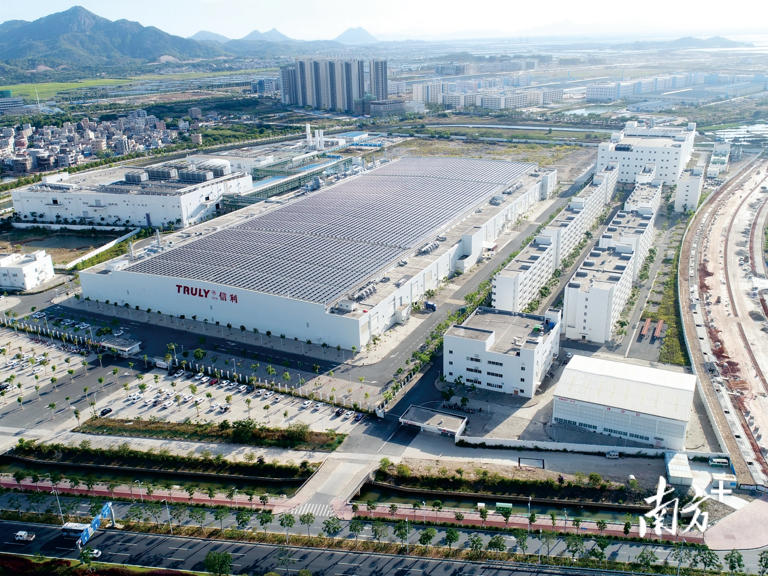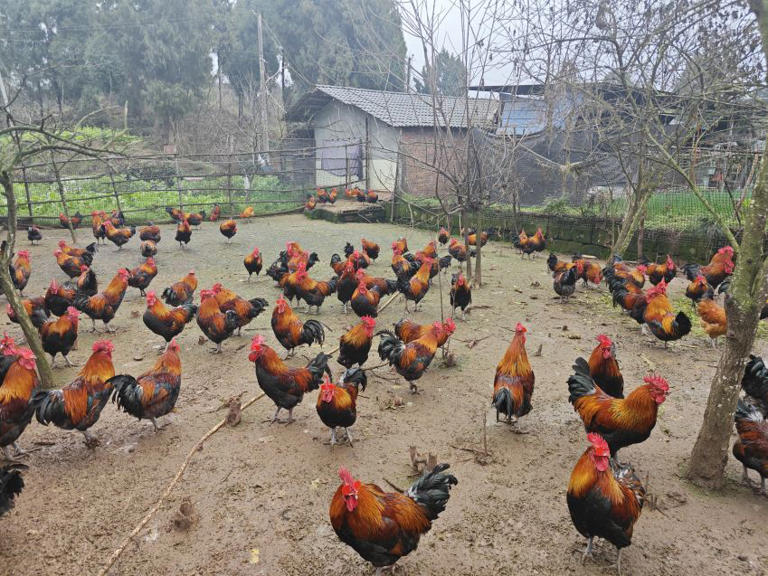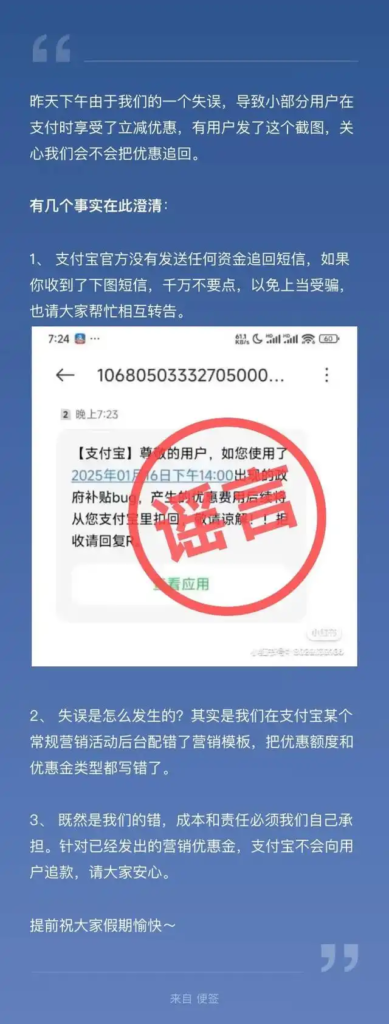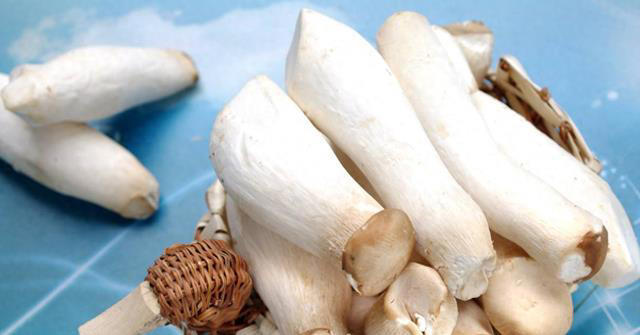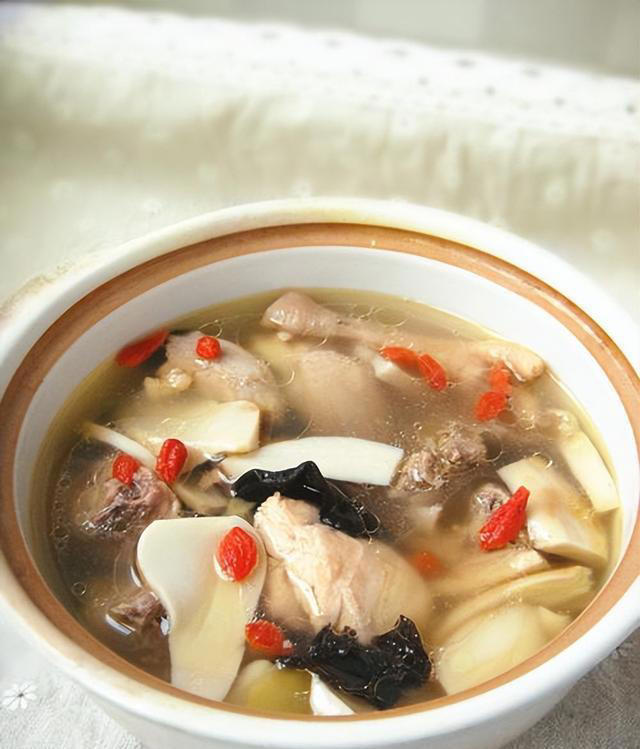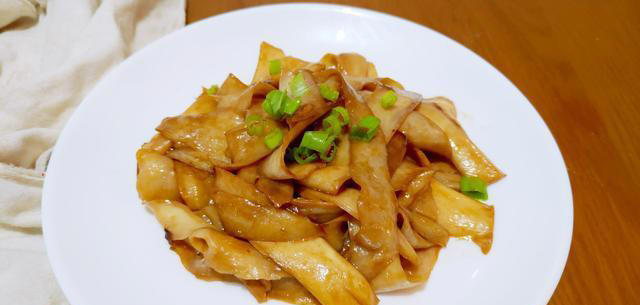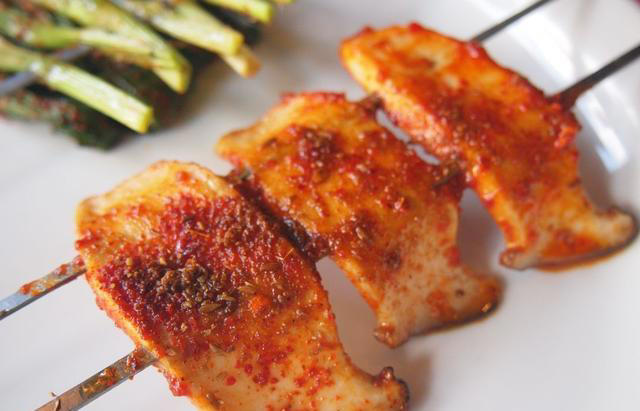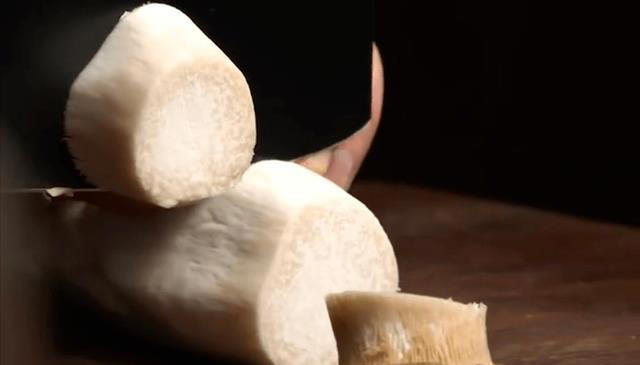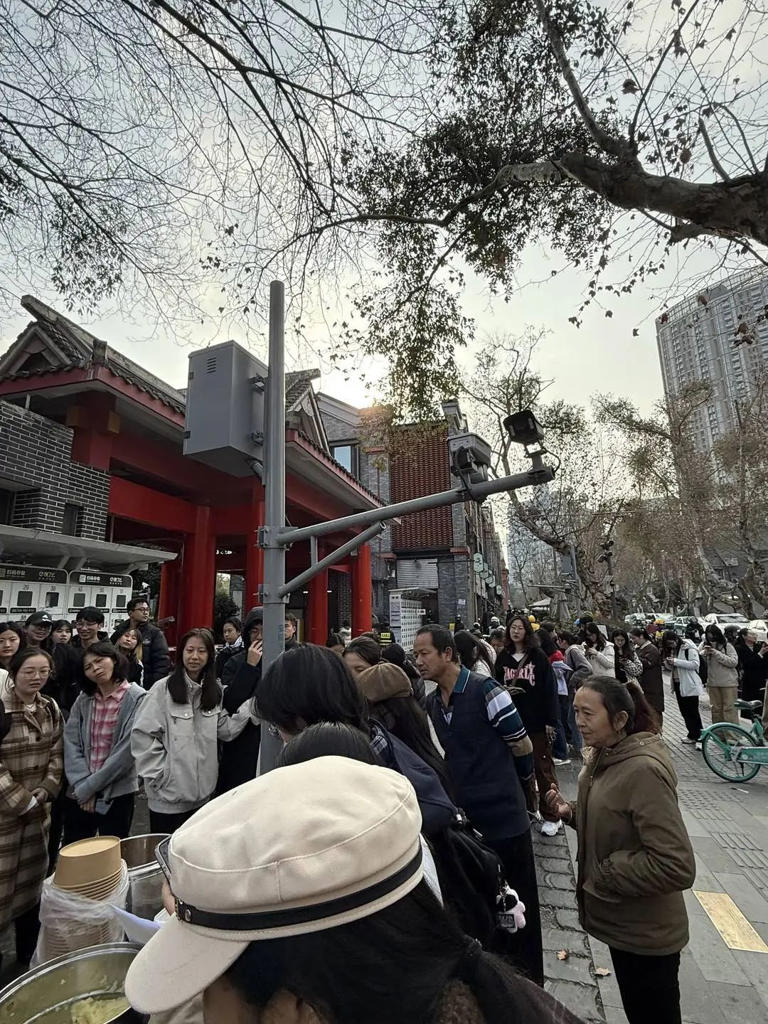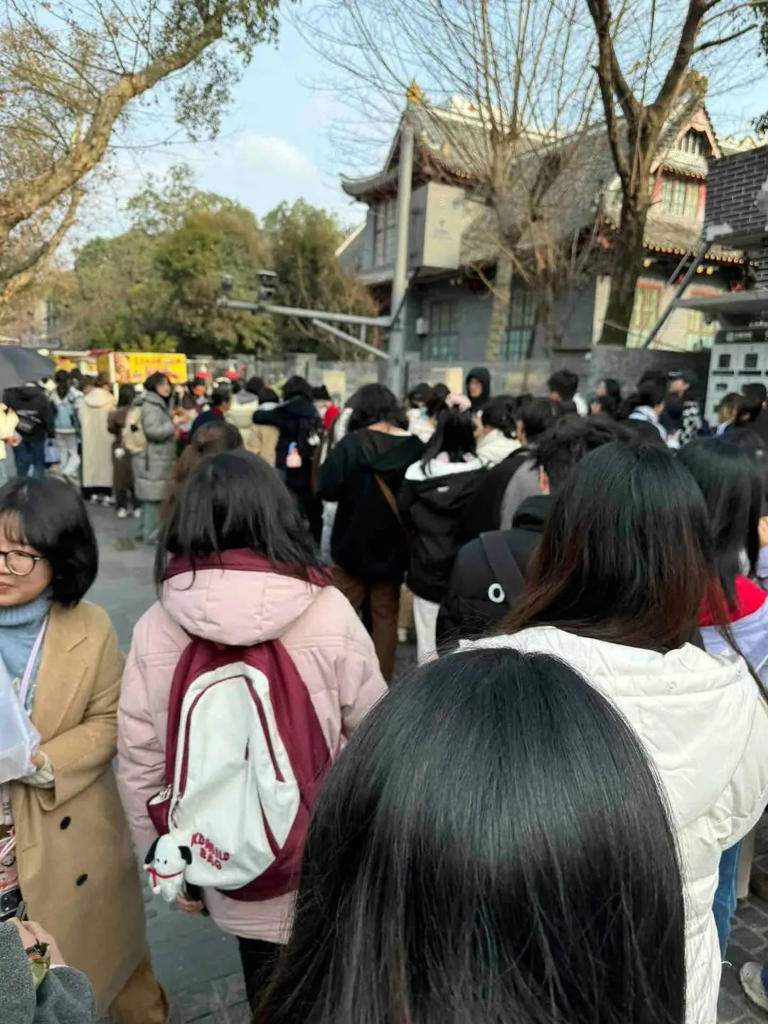After “endless ups and downs” in performance, the international beauty giant Estee Lauder is embarking on the largest operational transformation in its history.
On the evening of February 4, The Estee Lauder Companies announced its results for the second quarter of fiscal year 2025 (September 30 to December 31, 2024).
During the reporting period, the net sales of the Estee Lauder Group were 4.004 billion US dollars (about 29.034 billion yuan), a decrease of 6%; The net profit loss was US$580 million (about 4.2 billion yuan), compared with a net profit of US$574 million (about 4.162 billion yuan) in the same period last year.
On the same day, Estée Lauder also updated its Profit Recovery and Growth Plan (PRGP) and plans to cut between 5,800 and 7,000 jobs worldwide.
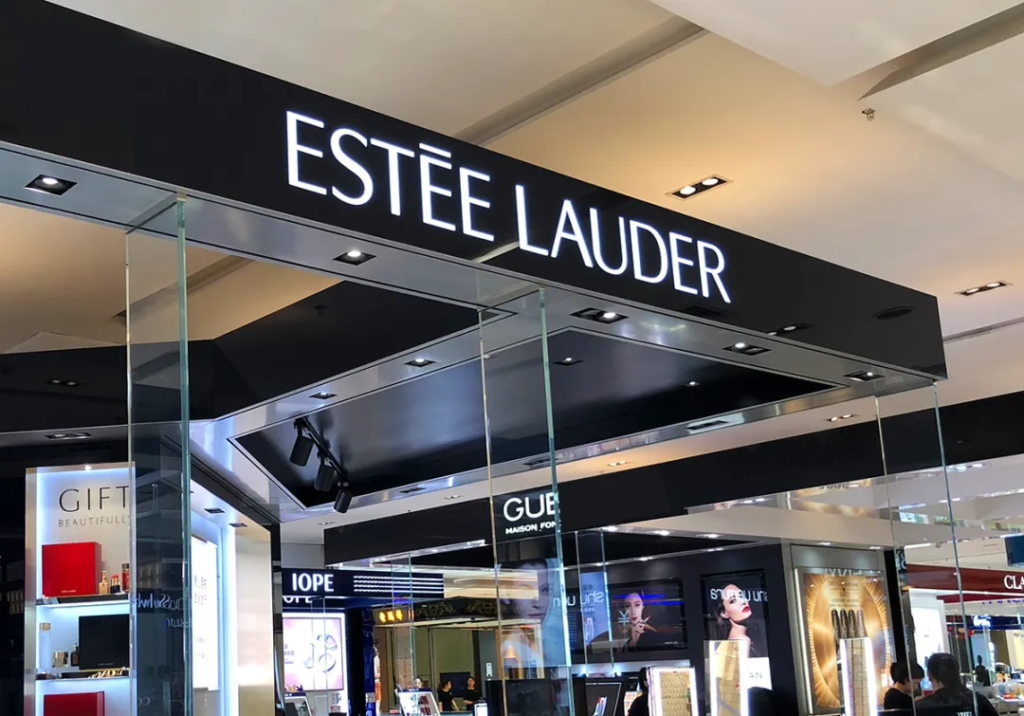
Image source: Daily Economic News data map
Estee Lauder laid off 5,800~7,000 employees
In this financial report, The Estée Lauder Companies announced that it will accelerate the “PRGP” (Profit Recovery and Growth Plan), which includes measures such as a “restructuring plan” and process simplification.
As part of its restructuring plan, The Estée Lauder Companies said it would cut between 5,800 and 7,000 jobs, some of which would be outsourced. Approvals for specific initiatives under the restructuring plan are still expected to be completed by the end of fiscal 2026. It is understood that this is the largest layoff plan of the Estee Lauder Group in the past 10 years.
Back in early 2024, as part of the PRGP program, The Estée Lauder Companies announced layoffs of 3% to 5% of its global workforce. Based on its headcount as of June 30, 2023, it will lay off up to 3,100 employees.
From the perspective of business segments, among the four major business units of the Estee Lauder Group, only the fragrance business achieved a slight increase in net sales, and the performance of the other three businesses was worse than the same period last year.
During the reporting period, the net sales of the skin care business of the Estee Lauder Group were 1.921 billion US dollars (about 13.929 billion yuan), a year-on-year decrease of 12%; The net sales of the cosmetics business were 1.15 billion US dollars (about 8.339 billion yuan), down 1% year-on-year; The net sales of scalp care business were 159 million US dollars (about 1.152 billion yuan), a year-on-year decrease of 8%; The net sales of the fragrance business were 744 million US dollars (about 5.395 billion yuan), a year-on-year increase of 1%.
Regionally, The Estée Lauder Companies’ performance in the Americas, EMEA, and Asia/Pacific all declined year-on-year, although net sales in Asia/Pacific fell the most.
Regarding the decline in performance in the Asia-Pacific region, the Estee Lauder Companies pointed out in its financial report that this is due to the challenging overall retail environment, including the continuous decline in consumer purchasing power in China, South Korea and other places. Estée Lauder CEO said during the earnings call: “We have been disproportionately impacted given the Group’s strategic share of the high-end beauty segment in the Chinese market. ”
L’Oréal China’s revenue declined in a rare way
On February 7, L’Oreal, the world’s largest beauty group, released its 2024 financial report, with global sales and net profit increasing by 5.1% and 3.6% respectively.
Regionally, in 2024, L’Oréal achieved sales growth of 8.2%, 5.5%, 11.0% and 12.3% year-on-year in Europe, North America, Latin America and the emerging markets of SAPMENA-SSA (South Asia Pacific, Middle East and North Africa, Sub-Saharan Africa).
Notably, North Asia was the only region where sales declined. China, as the main market in North Asia, saw a decline in revenue, with sales of about 10.303 billion euros (about 78.061 billion yuan), a year-on-year decrease of 3.2%.
In this regard, L’Oréal Group explained in its financial report that the slowdown in North Asia is mainly due to the negative growth of the beauty market in Chinese mainland, ushering in a rare single-digit decline, which is closely related to the weakness of travel retail.
Regarding the weak performance of the Chinese market, L’Oreal CEO Ye Hongmu said frankly at the performance meeting held on the afternoon of the 7th: “Because of the economic situation and the lack of consumer confidence, the Chinese market pays more attention to value for money, so the performance of the high-end market has been inferior to the mass market.” He said the “game” in China could be tougher.
Despite this, L’Oréal has conveyed its ambitions for the Chinese market. “We’ve maintained an overall share in China this year, but I want to win [more] share, and we can do that with more innovation.”
In terms of segments, L’Oréal’s four business units have all slowed down sales growth globally over the past year, with the lowest growth rate being in the Luxury Products division, which grew by 2.7%.
At present, 2024 is the only year of decline for L’Oréal in the Chinese market in the past 13 years.
The growth of leading domestic beauty companies was strong
The financial reports of Estee Lauder and L’Oréal reflect the many challenges in the domestic cosmetics market in 2024, with major beauty brands and companies experiencing varying degrees of pressure. At the root of this, in addition to the pressure of shrinking sales in the travel retail channel, the strong rise of Chinese domestic beauty brands in recent years has also been an important reason for the setbacks of L’Oréal and Estée Lauder in the Chinese market.
Several of the leading domestic beauty companies are flying against the wind in 2024, and their brands have achieved strong growth on Double 11 and even throughout the year.
Proya brand has achieved the TOP1 of Tmall and Douyin dual platforms, Han Shu is the second on Douyin, Kefumei is the third on Douyin, Winona is the ninth on Tmall, and Nature Hall is the ninth on Douyin.
The 2024 Double 11 promotion began in mid-October, and the data of e-commerce platforms compiled by third-party agencies in October showed that the sales of many domestic brands have increased significantly, such as-
■ In the Tmall skin care category in October, the sales of Proya brand increased by more than 600% year-on-year, Winona increased by more than 400%, and Fumei soared by 17 times;
■ In the skin care category on the Douyin platform, the Proya brand increased by more than 90%, Han Shu increased by more than 50%, Kefumei increased by more than 300%, Winona increased by more than 70%, and Marubeni brand increased by more than 120%;
■ In the cosmetics category, on the Tmall platform, Caitang increased by more than 900%, and Mao Geping increased by more than 600%. On the Douyin platform, Mao Geping’s sales increased by more than 160%.

 Entering China
Entering China
